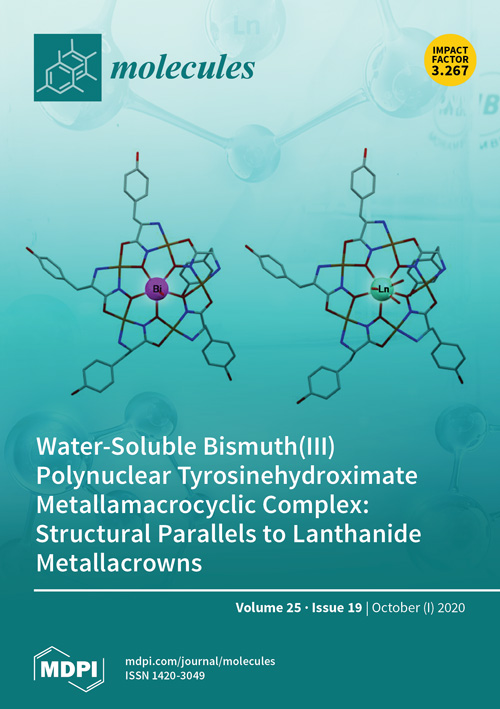Authors:
Mirko Minini, Alice Senni, Vittorio Unfer and Mariano Bizzarri
Abstract
Inositol and its phosphate metabolites play a pivotal role in several biochemical pathways and gene expression regulation: inositol pyrophosphates (PP-IPs) have been increasingly appreciated as key signaling modulators. Fluctuations in their intracellular levels hugely impact the transfer of phosphates and the phosphorylation status of several target proteins. Pharmacological modulation of the proteins associated with PP-IP activities has proved to be beneficial in various pathological settings. IP7 has been extensively studied and found to play a key role in pathways associated with PP-IP activities. Three inositol hexakisphosphate kinase (IP6K) isoforms regulate IP7 synthesis in mammals. Genomic deletion or enzymic inhibition of IP6K1 has been shown to reduce cell invasiveness and migration capacity, protecting against chemical-induced carcinogenesis. IP6K1 could therefore be a useful target in anticancer treatment. Here, we summarize the current understanding that established IP6K1 and the other IP6K isoforms as possible targets for cancer therapy. However, it will be necessary to determine whether pharmacological inhibition of IP6K is safe enough to begin clinical study. The development of safe and selective inhibitors of IP6K isoforms is required to minimize undesirable effects

